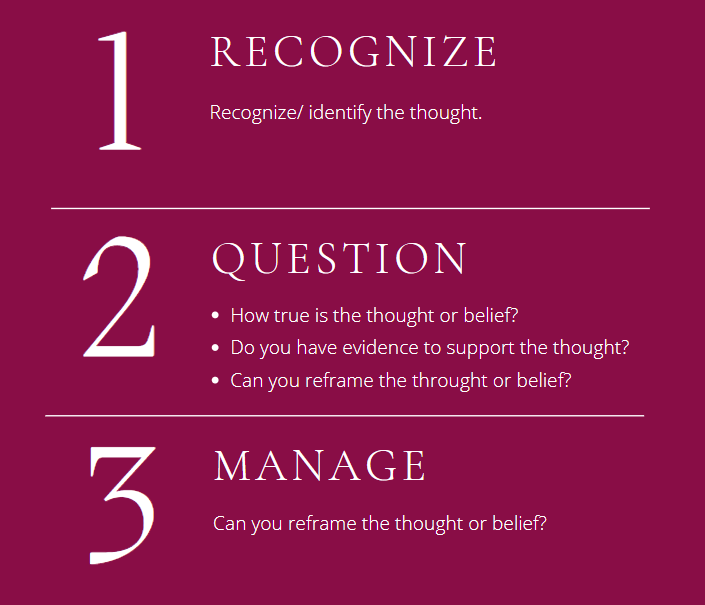Haven’t we all had it?
You know – that feeling that we don’t deserve to be here. That feeling that maybe we aren’t smart enough – experienced enough – old enough! You name it – there is most likely something you have at one time or another thought you weren’t “enough” of.
There is a name for this feeling: imposter syndrome. And according to HBR, around one-third of young people suffer from it, and 70% of everyone else is likely to experience it at some point in their lives.
Imposter syndrome can manifest in various forms – from hesitancy to speak up in meetings, fearing our ideas aren’t “good enough,” or even attributing our successes to luck rather than skill and hard work. It’s a barrier to recognizing our worth and the value we contribute.
Imposter syndrome is also often tied to our identities and sense of self-worth. Back in the late ’70s psychologists Pauline Rose Clance and Suzanne Imes coined the term in a research paper, noting three critical attributes of the phenomenon:
- Thinking that people have an exaggerated view of your abilities
- The fear of being exposed as a fraud
- The continuous tendency to downplay your achievements
So, YES we know imposter syndrome is alive and well and is most likely to impact us at some point. But what can we do about it?
Here’s the good news – no matter how persistent these thoughts may be, they are NOT invincible!
You can conquer them – if you can learn how to identify them.
Here is a simple 3-step framework for overcoming your imposter syndrome thoughts:

Part of the journey to overcoming imposter syndrome is learning to identify the thought in the first place. Try to increase your awareness of these thoughts and how they may be impacting you.
Imposter syndrome is a battle that you can, and with practice, will win.
~ Kristina
